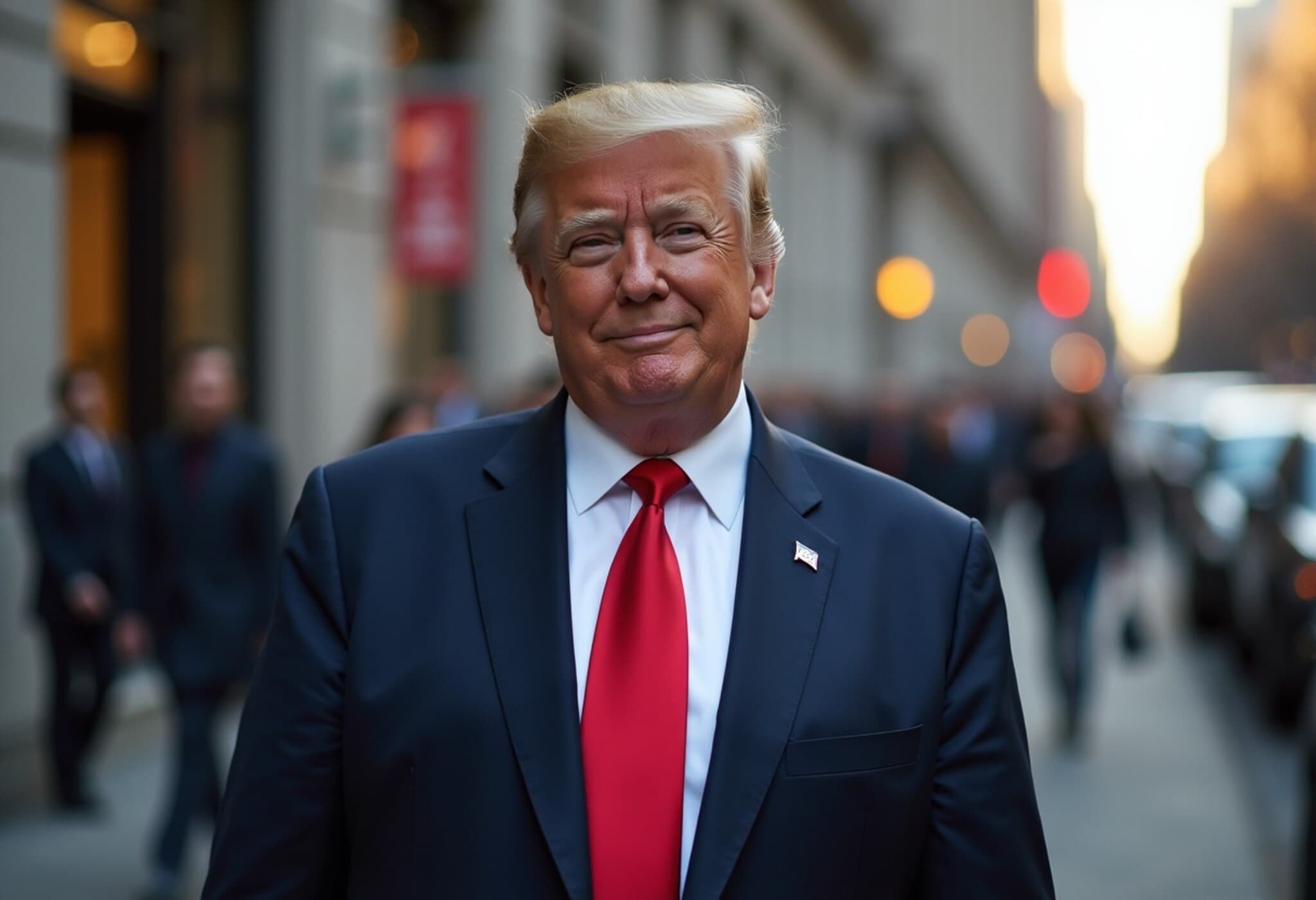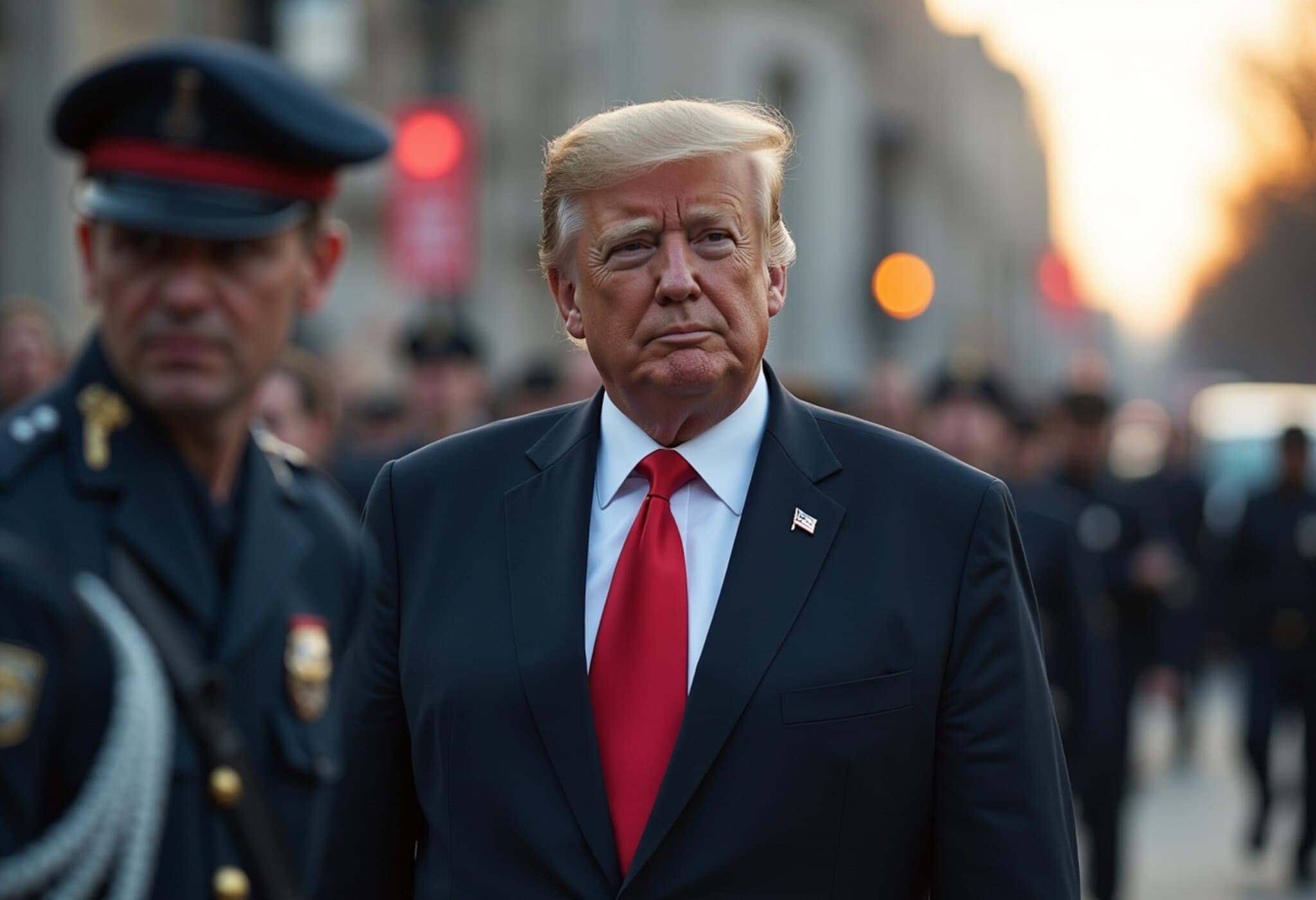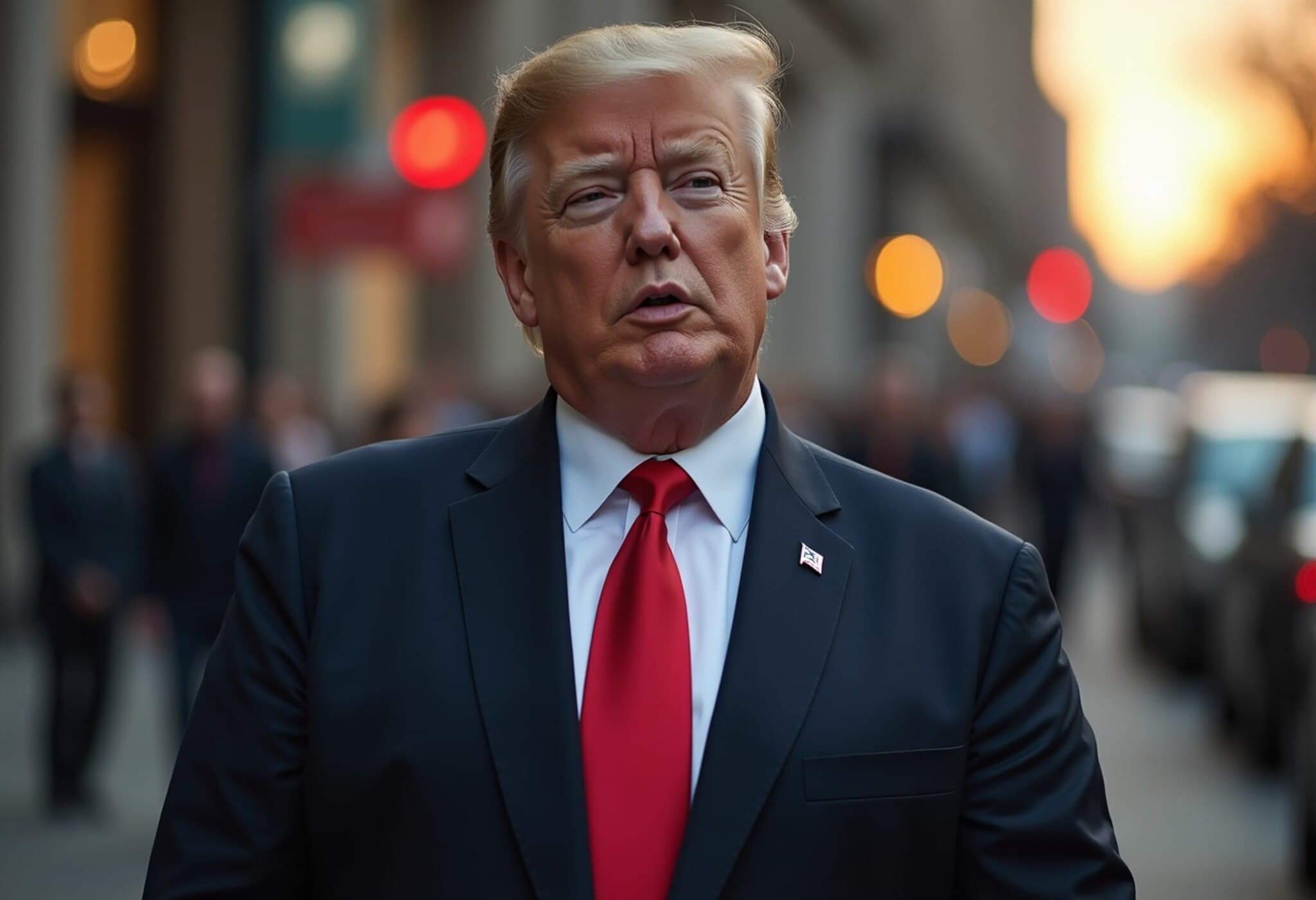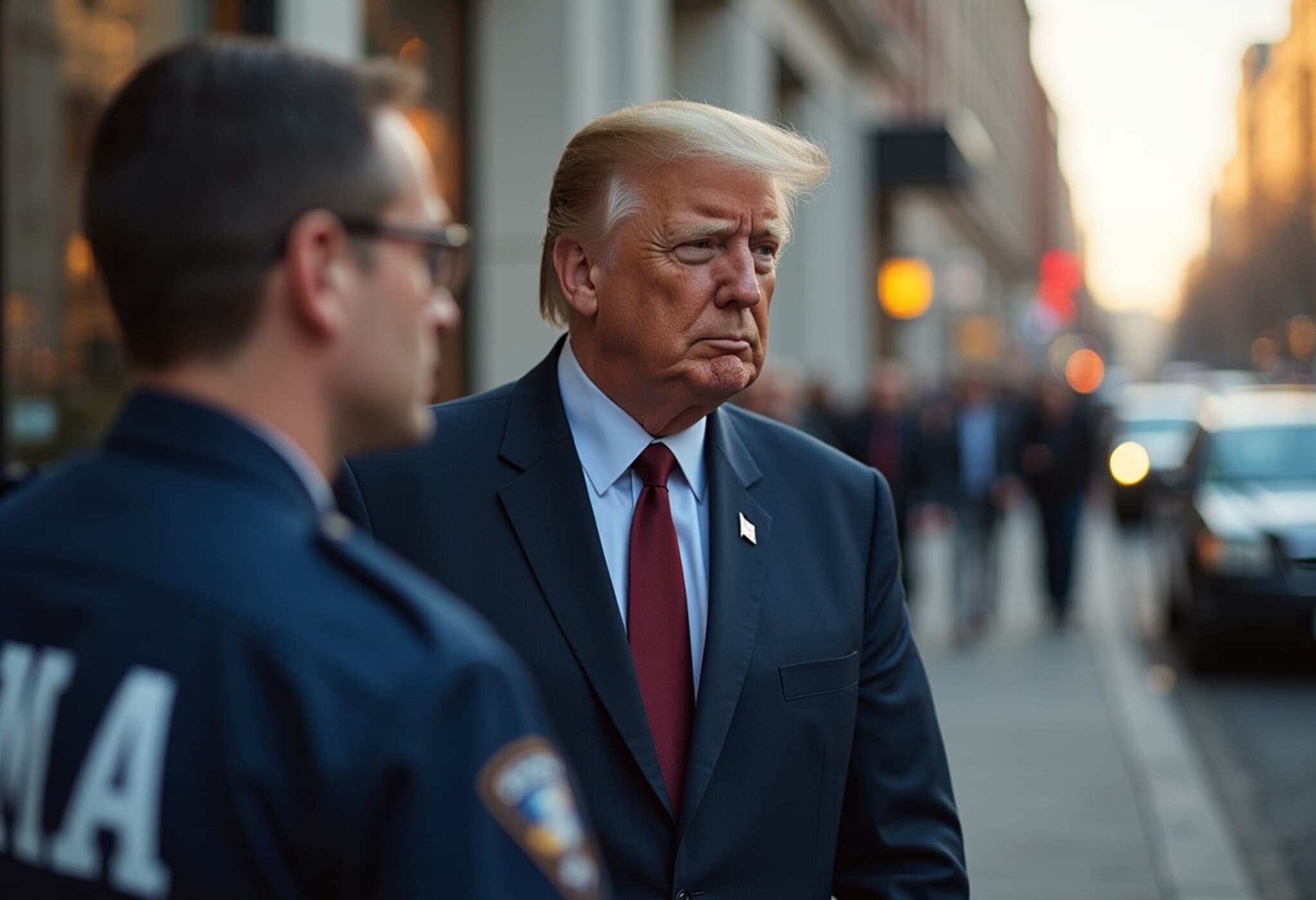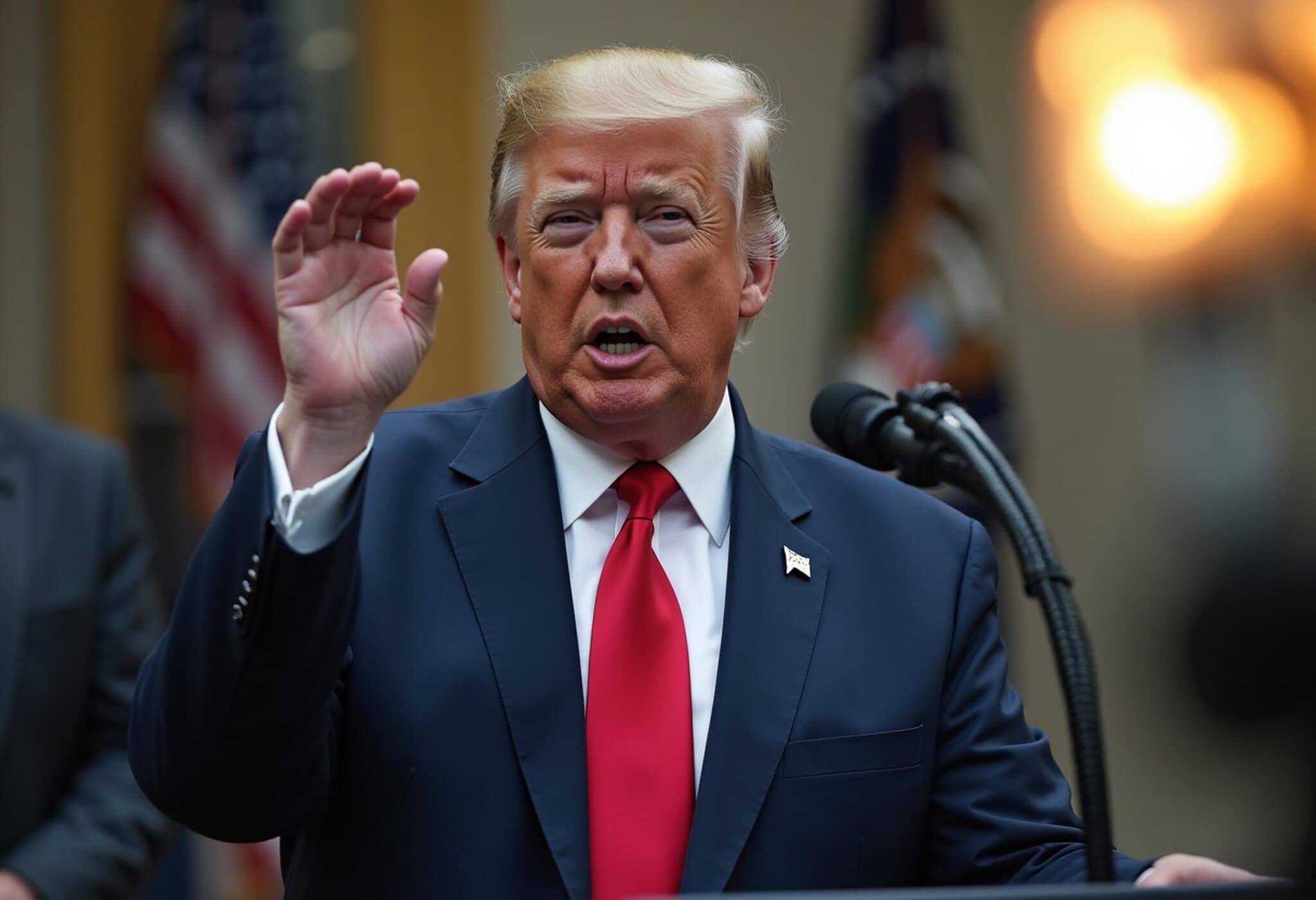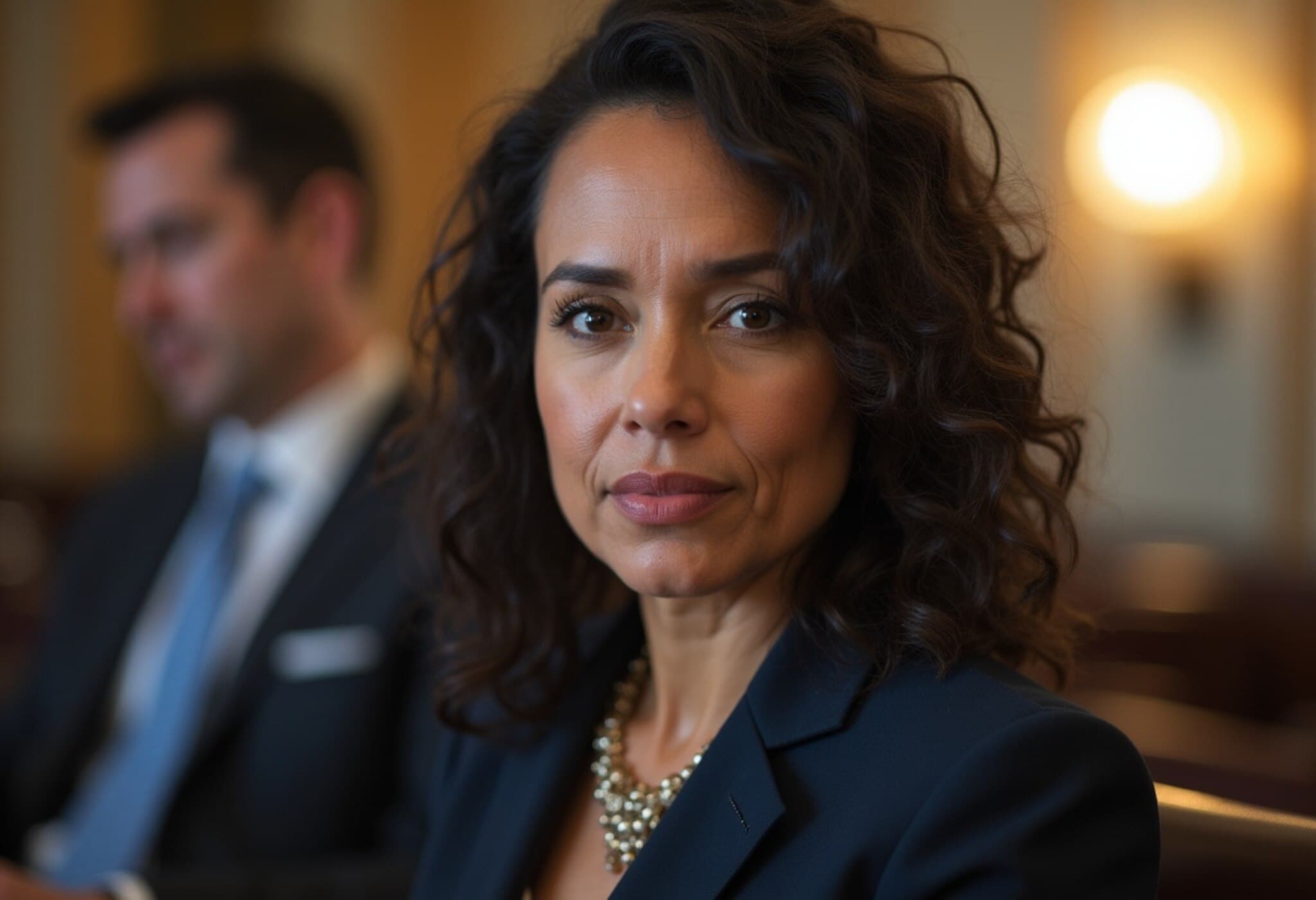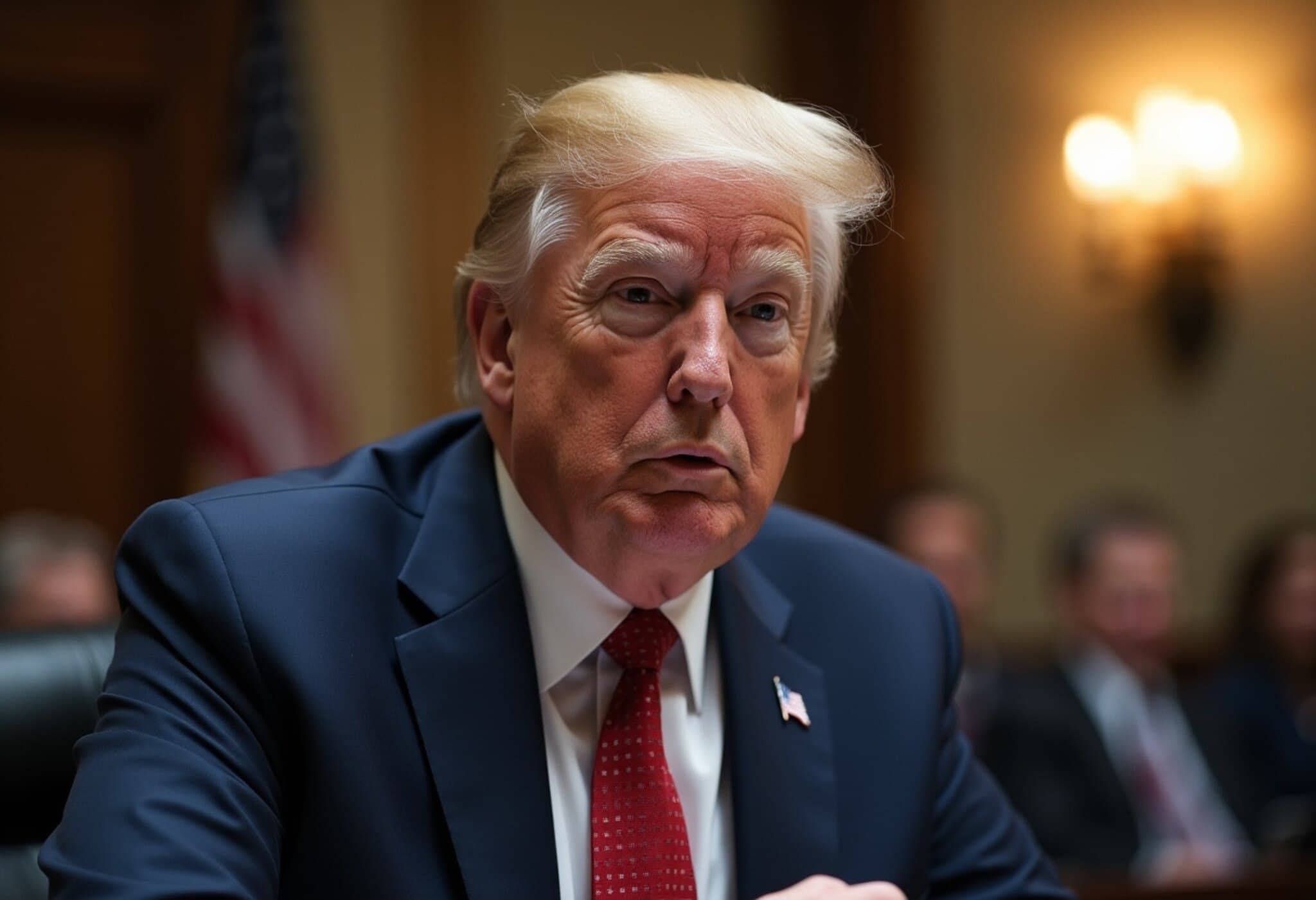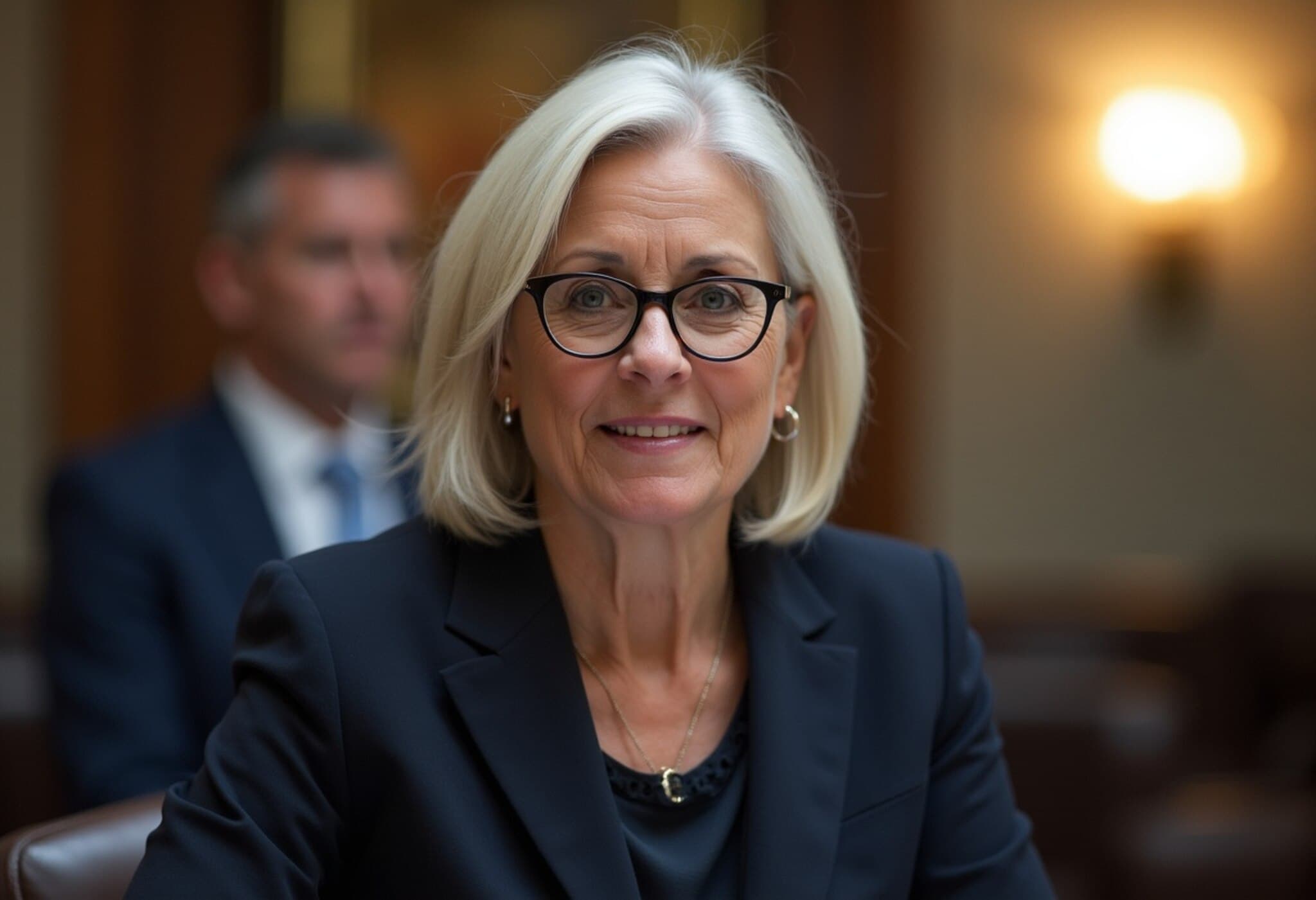Federal Appeals Court Allows Trump Administration to Resume CFPB Mass Firings
In a contentious and closely split decision, the U.S. Court of Appeals for the District of Columbia Circuit has cleared the way for President Donald Trump to restart the sweeping dismissal of employees at the Consumer Financial Protection Bureau (CFPB), temporarily overturning a lower court’s injunction that blocked these actions.
However, the ruling does not immediately go into effect, as the court permitted CFPB workers’ attorneys and pro-consumer advocacy groups to petition the full appeals court for reconsideration. This procedural step means the threatened mass dismissals of up to 1,500 CFPB employees are, for now, on hold.
A Battle Over the Future of the CFPB
The CFPB was established by Congress in response to the devastating 2008 financial crisis to protect consumers from predatory financial practices. Over the years, it has become a lightning rod in political debates, particularly with conservative lawmakers and industry groups accusing the bureau of regulatory overreach and politicized enforcement.
President Trump and some of his allies—including billionaire Elon Musk—have openly expressed desires to dismantle the agency altogether. While some within the administration have hinted at merely downsizing the bureau, evidence presented in court revealed a strategy aimed at crippling or possibly shuttering the agency.
The Court’s Reasoning and Dissents
The majority opinion, authored by Judges Gregory Katsas and Neomi Rao—both Trump appointees—held that the lower court had no jurisdiction to block the mass firings on the grounds cited. They reasoned that employment disputes within federal agencies must follow specific civil service review processes rather than broad judicial intervention.
"The district court lacked jurisdiction to consider claims related to loss of employment," the judges stated, underlining technical limits on judicial power in civil service cases.
Yet the ruling sparked a sharp dissent from Judge Cornelia Pillard, appointed by former President Obama, who warned that the administration’s efforts risked "eradication" of an agency Congress created to serve a vital public interest. She strongly opposed leaving the bureau vulnerable to being dismantled without due judicial oversight.
Implications for Consumer Protection and the Public
Jennifer Bennett, attorney for CFPB employees and consumer advocates, expressed deep concern over the ruling’s consequences. She emphasized that without a fully functioning CFPB, millions of Americans could lose critical safeguards against abusive financial practices, shifting power dangerously toward corporations at the expense of everyday families.
These developments come amid dual investigations into the Trump administration’s actions at the CFPB by the Federal Reserve’s inspector general and the Government Accountability Office, highlighting ongoing federal scrutiny.
Unfolding Legal and Political Dynamics
- The appeals court decision reflects deep divisions over the scope of executive authority and judicial oversight concerning federal employment and agency functions.
- It spotlights the broader political tug-of-war over regulatory agencies born from the 2008 financial crisis—agencies many conservatives view as burdensome versus champions of consumer rights in the face of corporate misconduct.
- The uncertainty surrounding the CFPB’s future raises pressing questions about how consumer protections will be enforced amid shifting political and administrative priorities.
With potential appeals and legislative interventions likely on the horizon, the CFPB saga remains a key flashpoint in America’s ongoing debate over financial regulation, executive power, and consumer rights.
Editor’s Note
This ruling underscores the fragile balance between executive ambition and the institutional mandates of independent federal agencies tasked with protecting public interests. While civil service rules limit immediate judicial intervention in employment disputes, the broader concern remains: how resilient will agencies like the CFPB be against political winds seeking to undermine their mission?
As legal battles continue, it is vital for policymakers, consumer advocates, and citizens alike to ask—what safeguards are necessary to ensure financial watchdogs remain effective and impartial in a changing political landscape?

